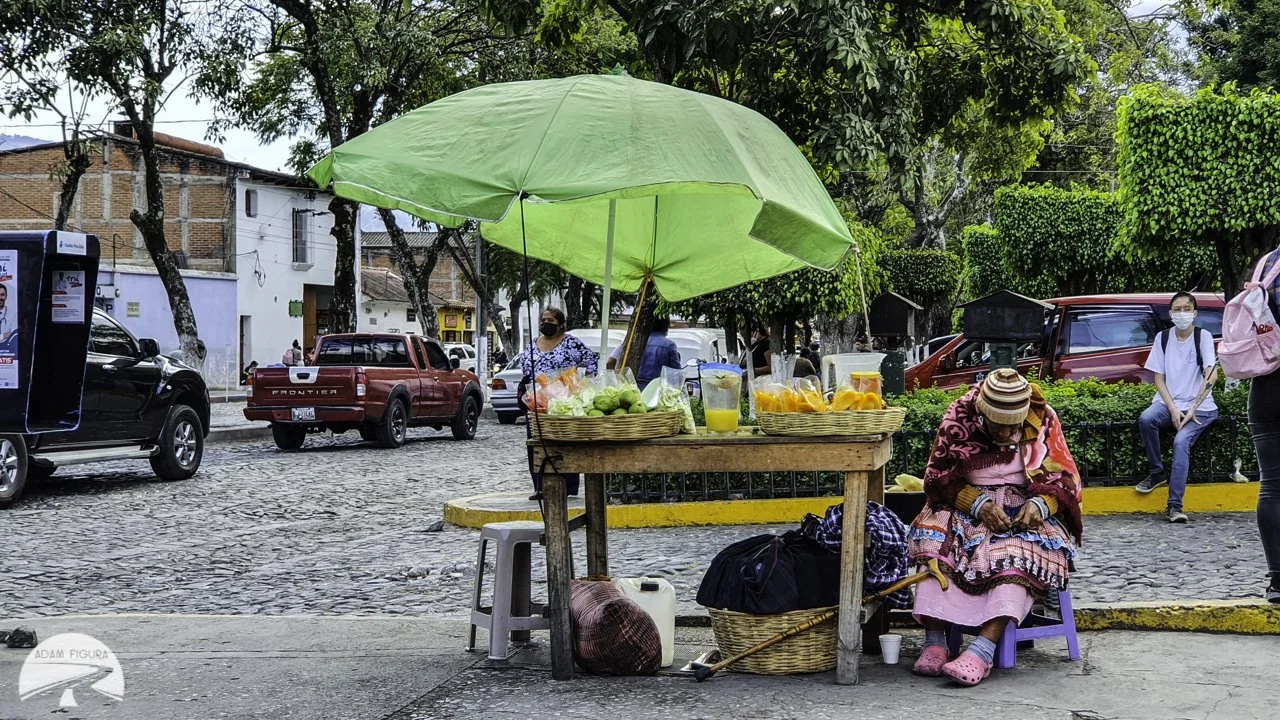Society — Do We Know What Surrounds Us?
Undeniably, the environment we live in has a massive impact on the development of our personality. This influence is so multi-layered that we often fail to realize just how deeply connected we are with everything around us. To make this a little clearer, let me share my perspective.
I may not be a full-blooded traveler, but I consider myself a pretty good observer. With the help of my logical mind, I’m able to draw conclusions from what happens around me and understand how it shapes my world. As a European, I’ve grown used to the systemic control — more or less visible — over what I can and cannot do. The protective side of this system often relieves us from a portion of the responsibility for our lives. For everything, there is a rule, a paragraph, a law, a regulation — all designed to frame our everyday functioning.
Of course, structuring a society allows it to develop. We’re raised by schools, guided by universities, and employed by companies that help us earn money to surround ourselves with things we like. We find our place in this maze of regulations and, within that space, build our personal freedom. For years, I saw nothing wrong with this. Every choice I made, even from a young age, was mine — vocational school based on my interests, later university, a professional path that gives me joy and helps me realize my goals. Seen from above, that’s a healthy life model.
But then came a moment when I asked myself: why am I doing all this, and who decides what boundaries I can and cannot cross? The last two years made it painfully clear to me that laws often work against our humanity, but I couldn’t visualize that until a specific moment — one that changed my view of civilization’s progress entirely.
Landing in Guatemala City, I didn’t expect the contrast I’d experience in the weeks to come. A month on the Azores had been beautiful but culturally very European. Then came a return to the mainland, a flight to Miami — where I witnessed a level of material wealth I’d never seen before — and just hours later: Guatemala.
At first, aside from skin tone and clothing style, I didn’t notice anything shocking. The capital itself didn’t impress me much — just another Central American city where everyday life looks a bit different. But once I boarded a colorful bus heading to Antigua, things started to shift.
Imagine a world where you, primarily, define the rules you live by. You can sell food on the street without fear of being fined for not having a permit. You can drive a bus without time trackers, blasting music, lit up in dazzling colors. People wear bold outfits without fearing judgment. Getting the picture?
Regardless of your answer — let’s keep going.
I was lucky to grow up in a family of drivers. Before I could even walk, I was on my father’s lap, gripping a truck’s steering wheel. So I always pay attention to how this profession looks in different places. On Guatemala’s “chicken buses,” I began to see how things truly work.
The driver — shifting gears with a crunchy vengeance — performed a symphony of control over the machine. Every driver has a helper, a hype man who shouts the name of the bus’s destination to attract passengers and keep the route profitable. He also hauls baggage onto the roof, collects fares, rides on top during the drive, and sometimes jumps in through the back doors on mountain curves.
No tickets. No timetables.
Next to me sat a woman with a turkey on her lap. The driver cranked the music and pushed the engine to its limits. No emissions standards. No tachograph. No white button-down. Just instinct, feeling, and road. Is overtaking on a mountain curve normal? Absolutely not. But what struck me is that the only one making that decision is the driver — not a lawmaker who’s never held a steering wheel.
This kind of personal responsibility, rather than imposed restrictions, is what caught my attention. It reminded me of the world I knew — but reversed.
Of course, you won’t find skyscrapers, bullet trains, or highway networks considered the height of civilization. Instead, there are modest homes — often built without architectural flourish, sometimes just wood and tin. Lack of economic development doesn’t mean backwardness — a concept hard to grasp when you’ve grown up in Europe.
Stepping off the bus and into the market, I was amazed. Not by the variety of goods, but by the people. Elderly women selling delicious vegetables, mothers with babies at their stalls, men in hats lost in the art of bargaining, and youth learning the rules of local life. All of it wrapped in color, smiles, kindness, and a fluid harmony of existence.
No signs, no restrictions, no regulations. When a car comes through, people just move. Then they go back to what they were doing. It hit me hard: life, when left to itself, adapts beautifully without imposed rules. It’s like nature — a social ecosystem that self-regulates through mutual need and contribution.
Everyone takes part. Kids play without constant supervision. Elders don’t waste away in front of TVs but are actively involved in the life of the town. They seem healthier, more alert — not worn out by a system that often drains its people.
It may sound idealistic, but I want to highlight this side. A mother holding her child while selling vegetables — far from sterile conditions — and still greeting customers with a warm smile. The child isn’t in daycare but right there in life. Institutions like schools and daycares aren’t evil — but here, I saw a living alternative.
During the holidays in the Guatemalan jungle, I watched young kids running through the village selling handmade chocolate to every tourist they met — and having a blast. No looming danger. Just life.
Like in earlier times when communities lived closely together, sharing resources and protecting each other. These kids were dirty, free, and smiling — unbothered by spiders, scorpions, or snakes. I was probably more afraid than they were.
I get the strong sense that today, our attention is everywhere but not on each other. We build higher, drive faster, earn more, buy bigger, modify everything — and create laws to make it all possible.
It looks great — very Instagram-worthy. But we don’t see what’s really behind it all. What are we covering up?
We’ve lost the essence of our actions, focusing more on the packaging than what’s inside. This is just my take, but working behind the scenes in the live event and TV industries, I see a sharp contrast between reality and its polished version. It made me realize how our idea of progress quietly pulls people apart in ways we can’t even see.
We accept it as normal — so we never ask: could it be different?
That’s my core point.
In Guatemala, I felt like a human — not a walking collection of possessions. Giving away extra items to strangers made me feel lighter — physically and spiritually. It’s so simple to smile at someone, to thank them for a fresh juice made on the street, or for lunch straight from a pot. People help each other naturally — no artificial barriers.
Back home, I thought wealth meant owning a home, a good car, a career path, your own business — and still having time for sports and a balanced diet while paying off a loan that doesn’t wreck your nerves.
Success was a checklist. If others couldn’t match it, maybe something was wrong with them.
But maybe it doesn’t have to be that way?
I began to ask: why don’t I see people smiling in Warsaw? Why are fashion trends more important than wearing what feels good? Why does seeing someone in a fancy car trigger a voice that says we’re not enough?
Sure, we’ve got healthcare, private schools, shiny buildings, and endless shops. And even if we can’t afford something, dozens of lenders stand ready with open arms.
But it’s complicated.
No one teaches us how to navigate the very system we’ve built. We know the history of ancient Egypt but not how to start a company or handle taxes.
Wealth, I now see, can be simpler. It’s not a race, but a balance between how we feel and what’s around us. I asked myself: do I like what I see every day? And if not — what would I like to see?
I want to make orange juice in the morning, slowly. Eat meals made from real ingredients — not lab formulas. I want the mental space to reflect on life and be surrounded by people who love who they are.
This isn’t about geography — though it helped reveal the contrast. Change begins with how we relate to the world and asking: why, and for whom, do I do what I do?
I know many will disagree. Some see great value in the systems we’ve created — and that’s fair. I don’t claim to hold the one truth. Everyone should live by their own beliefs, even if they’re totally different from mine.
And that’s what makes the whole picture so beautifully complete.
To end, I’ll share my core belief: every one of us is fully responsible for our existence on this planet — for where and how we live. Not the system’s rules. Not a golden cage of material success that overshadows the simple joy of waking up proud of who you are.
As Charlie Chaplin said in The Great Dictator:
“We think too much and feel too little...”
Thank you for reading.
















